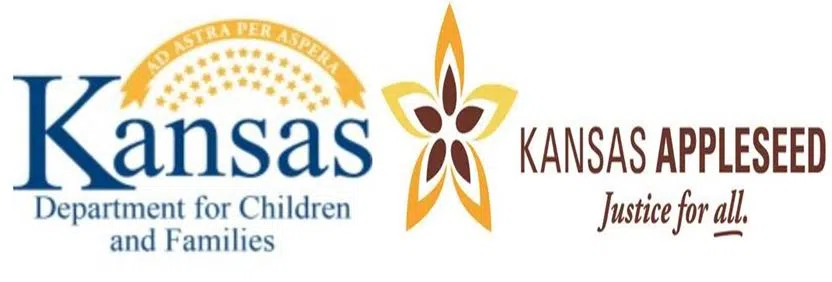While the most recent third-party report regarding the reformation of foster care in Kansas showed areas of improvement within the system, Kansas Appleseed is contending the state has missed crucial benchmarks of progress over the past year.
During an interview with KVOE News this week regarding the results of the latest report from the Center for the Study of Social Policy (CSSP), a requirement of the McIntyre class action lawsuit settlement brought against the state in 2018, Department of Children and Families Secretary Laura Howard stated there are still areas of needed improvement and she “won’t be satisfied until no child ever spends a night in an office or all youth are in stable placements.” That said, Howard believes there was significant progress apparent in the report.
According to the report more children are now living with relatives and kin with additional resources allocated to “build therapeutic family foster homes” and 69 percent of children and youth in DCF custody have received “timely mental health and trauma screenings” a 35 percent improvement since 2021.
Additional bullet points highlighted in the report included:
*Nearly 99% of family foster homes and nearly 100% of relative or kin placement did not exceed licensed capacity without an approved exception.
*In 2023, the number of children and youth experiencing temporary overnight placement or failure to place went down from 141 instances in 2022 to 68 cases in 2023.
*Regarding the goal that 85% of children in care have one or fewer moves in 12 months, CY 2023 reflects the State is just shy of that goal at 83%.
While celebrated by state leadership, the report’s data was not as impressive to Kansas Appleseed which contends the state missed several crucial benchmarks that were required in the class action settlement. Litigation Director Teresa Woody says two specific areas caught her attention, placement and stability and mental health services.
To her credit during her interview with KVOE News Tuesday, Secretary Howard, while praising progress in the areas of placement and mental health services, did acknowledge the data shows several youths are not experiencing the same stability in placements or mental health resources.
Appleseed also says the state did not end the practice of housing youth overnight in offices by December 31, 2021. Appleseed claims “Despite the State’s commitment to end this practice by December 31, 2021, 57 children experienced 68 instances of sleeping in offices and other settings that are not licensed child welfare placements.”
When asked about this, Howard stated that DCF and the state have worked diligently to end those practices, however, certain situations call for such arrangements. Woody says the settlement did “anticipate emergency issues” and provides for said situations. However; she claims that is not what is happening.
To that end, Howard says the state has been making significant investments into programs and resources to reduce the number of office stays and specifically address children with special needs.
Other areas of alleged failure as claimed by Appleseed included the lack of a uniform statewide data collection system and “egregious violations of caseload limits.”
When asked if the concerns expressed by Kansas Appleseed could lead to additional litigation or legal action, Woody says “We don’t want lengthy litigation where nothing is happening to improve the lives of these children, but the state has got to look at the report, quit denying these failures and figure out a way to make it work.”
When asked if she has any concerns of additional litigation, Secretary Howard stated:
Click here to review the CSSP report for 2023.
Click here to view the Kansas Appleseed response to the CSSP report.





















